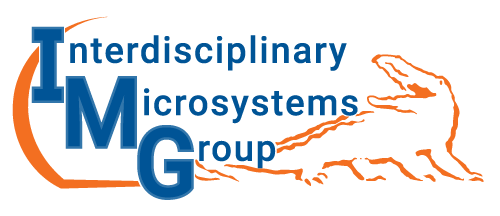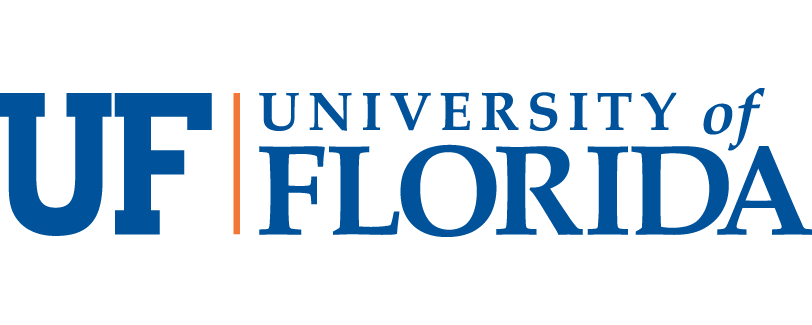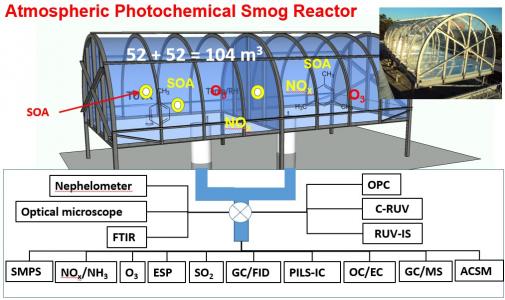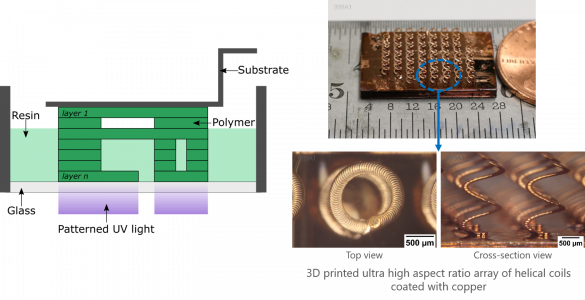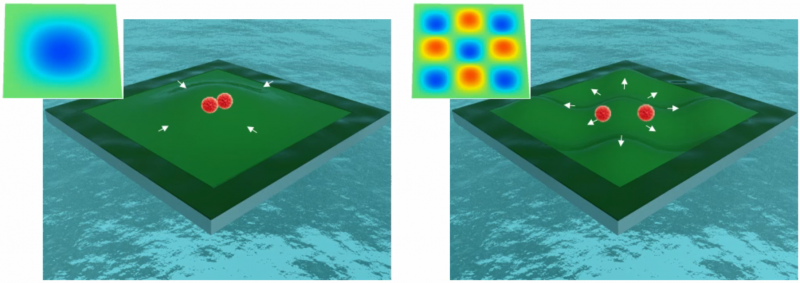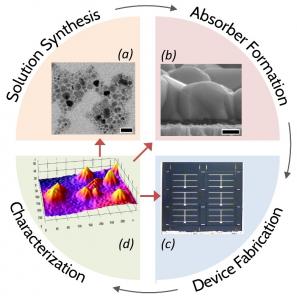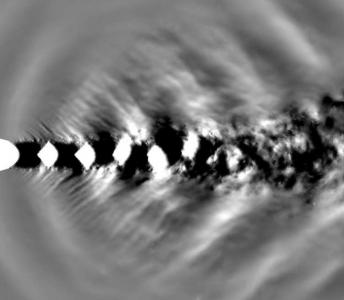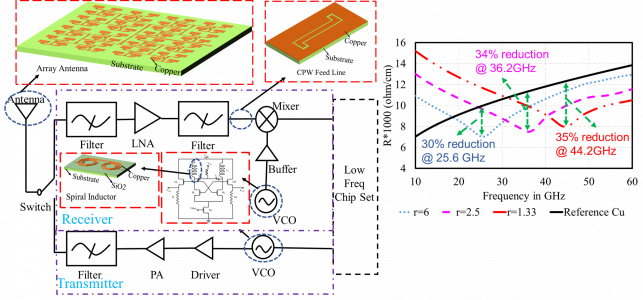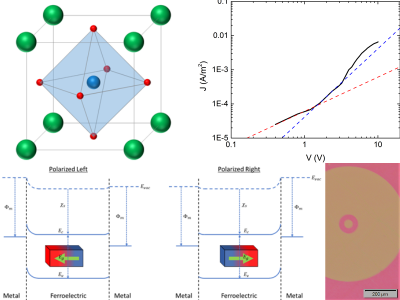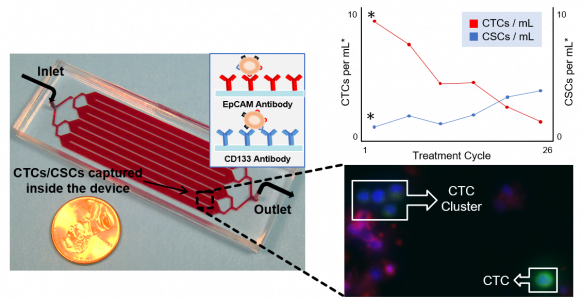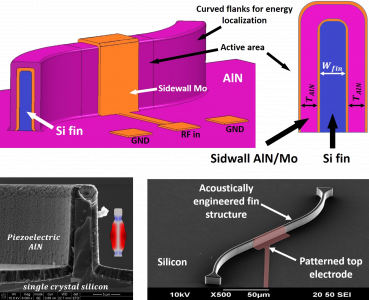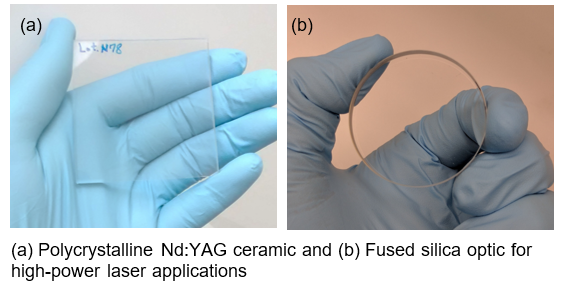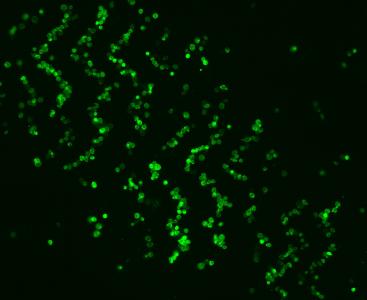IMG Seminar Series 10/11/19
Submitted by Carlos Manzanas on Wed, 10/09/2019 - 12:05pmThe speakers for this week's seminar are:
11:55am - 12:20pm: Dr. Myoseon Jang (Invited speaker - UF): Emerging issues on Atmospheric Aerosol: Modelling, characterization, and its Implications to Health and Climate
12:20pm - 12:45pm: Dr. Xin Tang (Invited speaker - UF): new tools for the application in the systematic investigation of uni- and multi-cellular systems to understand how mechanical force and bioelectrical signals link the form and function of living systems
